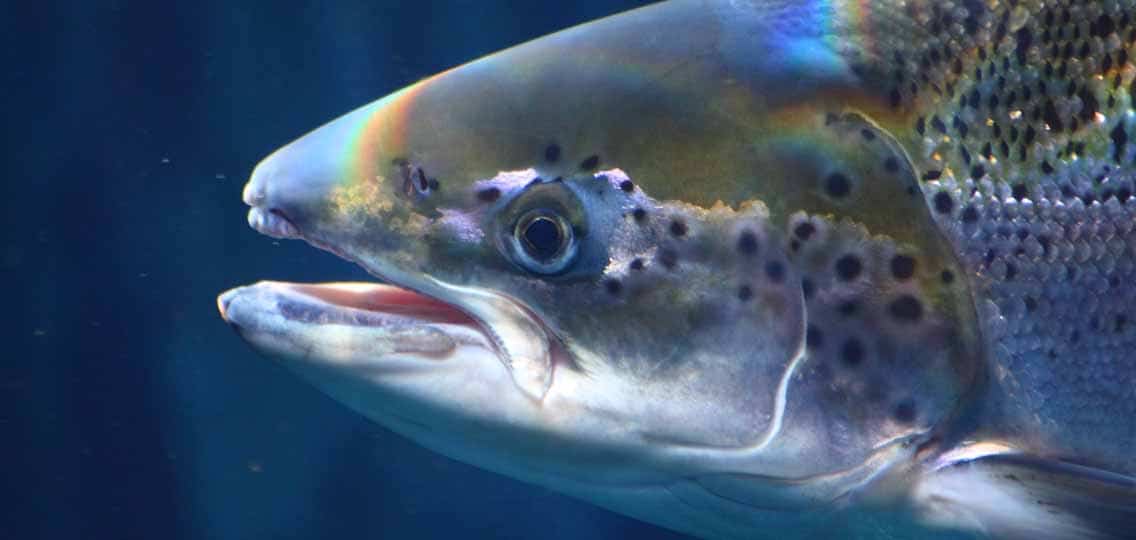Approval failed to apply science-based, precautionary measures, groups say
OTTAWA – Environmental groups are in court today to overturn a ruling that upheld the federal government’s approval of the development of genetically-modified salmon at any location in Canada — against the advice of scientific experts.
“We believe the Court’s decision to uphold the government’s approval for the use and manufacture of genetically modified salmon leaves too many questions unanswered about what AquaBounty and others are and are not permitted to do,” said Kaitlyn Mitchell, Ecojustice lawyer. “The risks here are too high to allow for uncertainty. We need the court to give clear direction on the government’s duty to comply with the Canadian Environmental Protection Act and make precautionary, science-based decisions.”
In December 2015, the Federal Court’s decision upheld the federal government’s approval to allow the development of genetically-modified salmon at AquaBounty’s one facility in Prince Edward Island. Ecology Action Centre and Living Oceans Society believe that clearer guidance is needed from the Court of Appeal about the ways in which the organism can and cannot be used in other facilities in Canada.
“Before this new organism can be used across this country, we need the government to conduct a risk assessment to ensure the ways in which it is used will not harm the environment or wild salmon,” said Mark Butler, Ecology Action Centre policy director. “This is the world’s first genetically modified food animal and the government should take a ‘look before you leap’ approach to ensure that Canada’s remaining wild Atlantic salmon runs and dependent industries are not put in jeopardy.”
The Canadian Environmental Protection Act is designed to ensure new products of biotechnology, like genetically-modified salmon, are assessed in a science-based, precautionary manner.
“The government has already admitted GM salmon pose a high hazard to the environment. Wild salmon stocks are vital to our country and economy, and decisions that will affect wild Atlantic salmon must be made in a precautionary and fully informed manner,” said Karen Wristen, Living Oceans Society executive director. “We need the court to clarify the government’s responsibility to comply with CEPA and make science-based, precautionary decisions when it comes to genetically-modified organisms and the threat they may pose to wild species.”
In addition to today’s court challenge, the House of Commons’ Standing Committee on Agriculture and Agri-Food will be hearing from Ecology Action Centre on issues related to genetically-modified animals for human consumption on the morning of Tuesday, October 18th.

